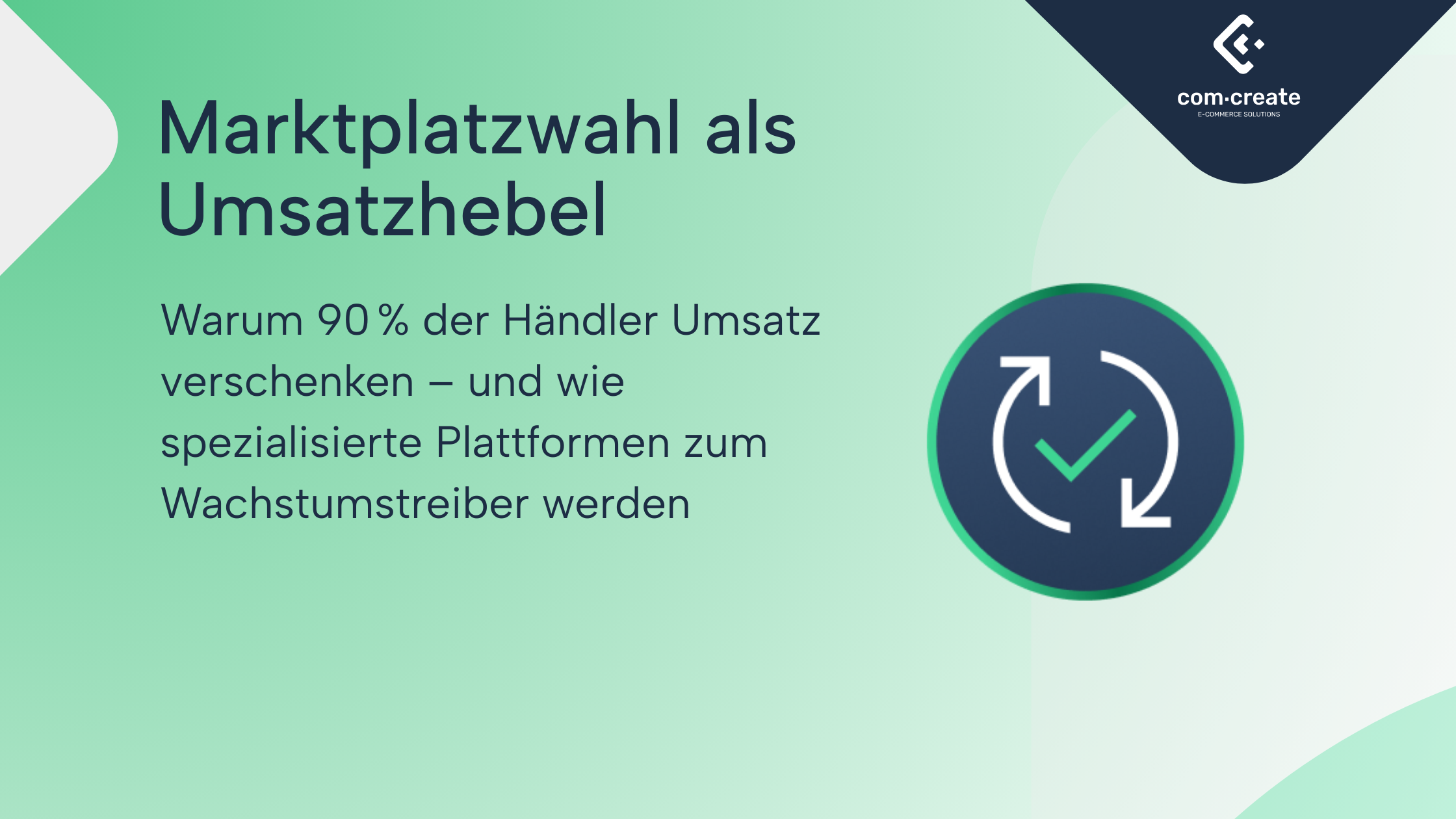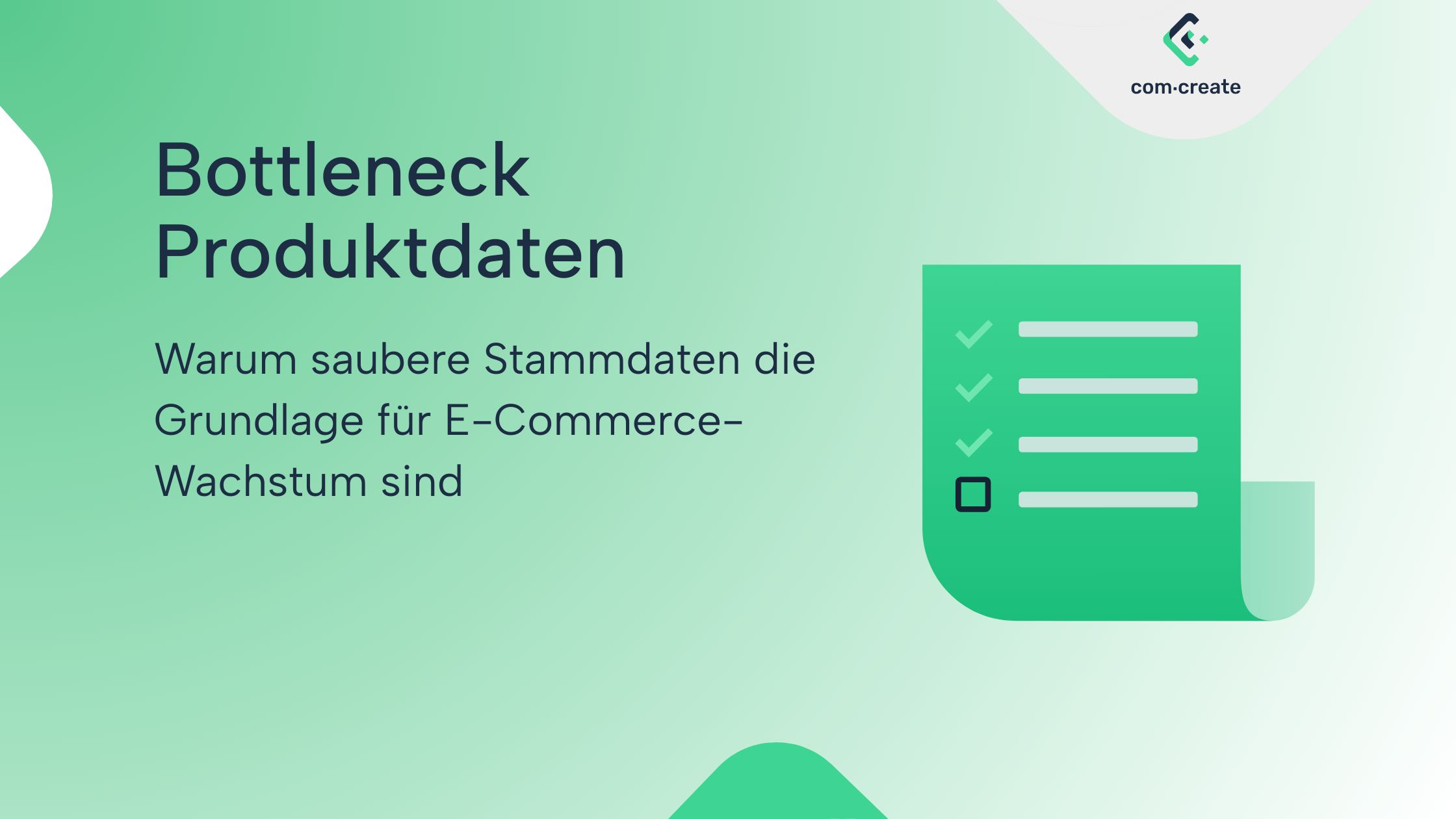
Amazon, eBay, Zalando — these are the top dogs in German online retail. For many retailers, they are the first step into multichannel sales. But if you want to scale in the long term, you need more than the well-known generalists.
The real potential often lies outside the big three.
While traditional marketplaces are heavily frequented, specialized platforms are being created in parallel with a clear target group approach, less competitive situation and high buying intent.
Examples of specialized platforms:
Hornbach & OBI, Bauhaus — DIY, tools, building materials
Douglas — beauty, care, lifestyle
ShopApotheke & DocMorris — health and pharmacy products
Leroy Merlin — Home & Garden, relevant across Europe
Feeding bowl, Zooplus — pet supplies
Practical example: 30% sales growth through targeted platform selection
An e-commerce company in the health & beauty segment with an annual turnover of around €8 million wanted to scale in a targeted manner — without an additional marketing budget.
The solution:
Development of industry-specific platforms: ShopApotheke and DocMorris
Targeted distribution in a suitable marketplace environment
The result:
📈 +30% turnover in the first year — solely through better choice of marketplace and clean connections.
Why specialized marketplaces are so effective
- Target group-specific playback instead of range diversification
- More valuable environment — less price pressure, better brand perception
- More visibility with less competition
- Often easier to integrate technically than complex generalists
conclusion
Anyone who only relies on Amazon leaves revenue potential unused.
Especially in specialized industries, adding target group-specific marketplaces can quickly lead to significant growth — without major investments.





.png)